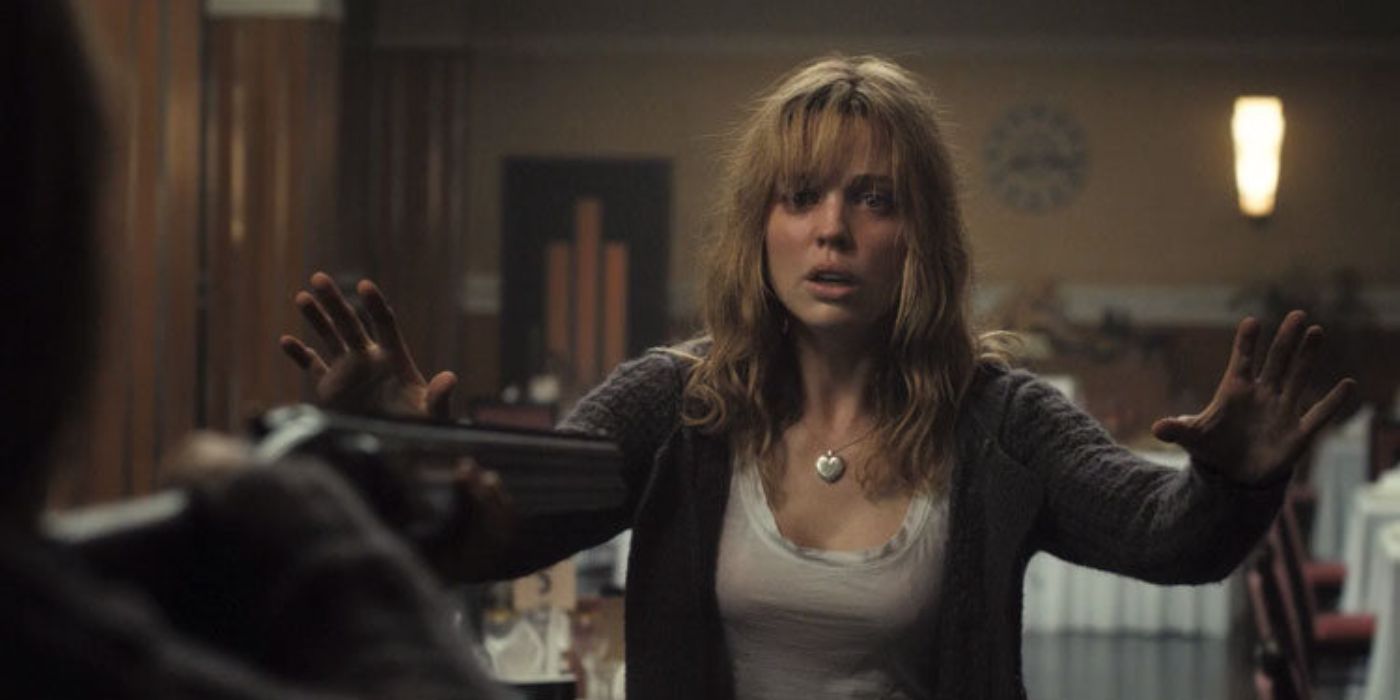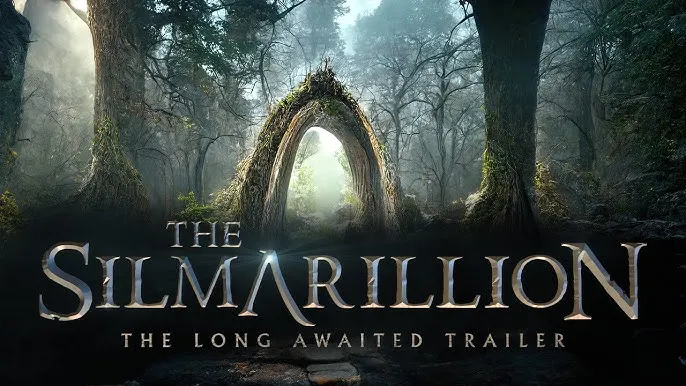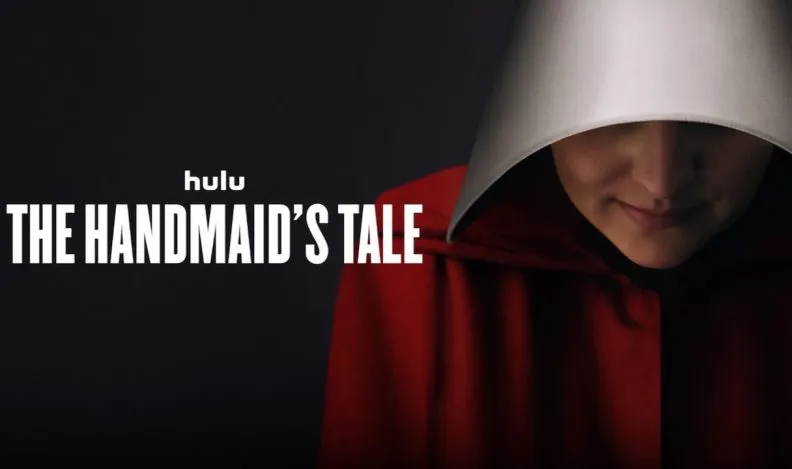She boarded a ship to escape the storm—but found herself drowning in time
Triangle (2009), directed by Christopher Smith, is a psychological thriller that bends time, twists reality, and leaves viewers questioning everything they’ve seen. Set mostly aboard a mysterious and seemingly abandoned ocean liner, the film is far more than a survival story—it’s a chilling descent into a time loop, wrapped in emotional trauma, guilt, and the unrelenting consequences of one's actions.
The film centers around Jess, a single mother invited on a yacht trip with friends. After a freak storm capsizes their boat, the group finds refuge on a passing cruise ship that appears deserted. But as they explore the ship, eerie occurrences begin: strange shadows, déjà vu, and signs that someone—or something—is hunting them. Jess soon realizes that she’s trapped in a terrifying cycle of violence and repetition, with each iteration bringing her closer to a horrifying truth about herself.

What makes Triangle stand out is its intricate, layered narrative. Rather than relying on cheap thrills or gore, the film constructs a tight, intelligent loop that rewards attention to detail. Every object, every choice, every moment seems insignificant at first—until it returns with haunting familiarity in the next cycle. It’s a puzzle box of a movie, where the horror isn’t just in what’s happening, but in realizing that it’s happened before… and will happen again.
Melissa George delivers a standout performance as Jess, portraying a character whose outer calm masks growing panic and psychological unraveling. Her emotional range is key to grounding the film’s mind-bending structure in something human and tragic. Jess is not simply a victim of circumstance; she is both hunter and hunted, a figure trapped not just in a time loop, but in a moral and emotional purgatory.
Visually, Triangle leans into a dreamlike, disorienting aesthetic. The cruise ship setting, with its long hallways and flickering lights, evokes both nostalgia and dread—like a haunted memory you can’t escape. The soundtrack, often eerily quiet or filled with recurring cues, amplifies the sense of déjà vu and inevitability. It’s not just scary—it’s suffocating.

At its core, Triangle is a haunting metaphor about guilt, denial, and the inability to escape the past. It’s a psychological maze where the monster isn’t a ghost or killer—but time itself. And perhaps, the darkest part of ourselves.

-1755586051-q80.webp)

